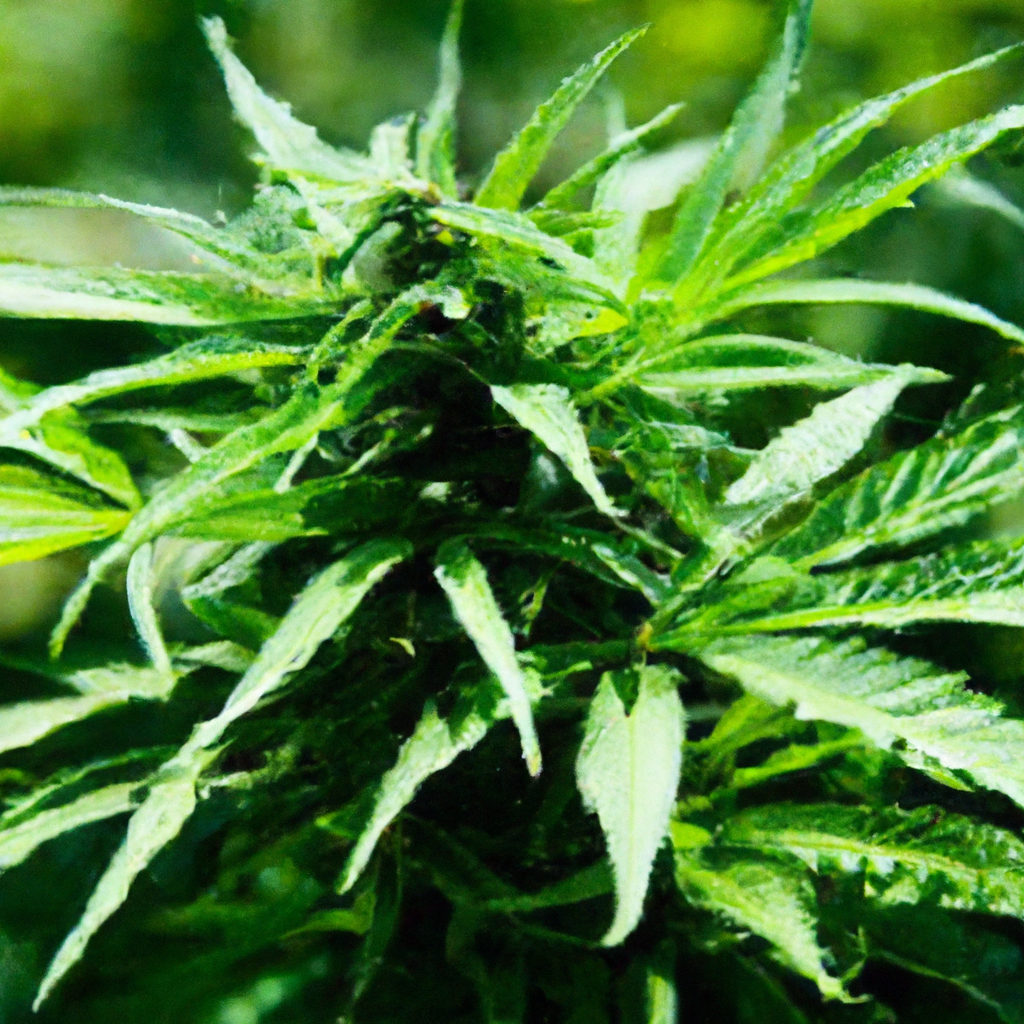Your cart is currently empty!
The surge of organic cannabis cultivation reflects a broader trend towards eco-friendly and sustainable agriculture. Growers looking to achieve robust yields without compromising on environmental ethics are turning to organic methods that enrich soil, minimize chemical use, and utilize natural resources efficiently. This article explores best practices in organic cannabis cultivation, with a spotlight on natural fertilizers, compost, and pest control to promote a vibrant soil ecosystem.
Building a Healthy Soil Ecosystem
Healthy soil is the cornerstone of thriving organic cannabis cultivation. By focusing on the soil’s natural ecosystem, growers can cultivate plants that are not only more resilient but also produce a superior yield.
- Compost: A well-rounded compost pile can provide a steady supply of nutrients. Utilize green waste, kitchen scraps, and aged manure to create a balanced feed for your plants.
- Cover Crops: Integrating cover crops like clover and vetch can enhance soil fertility through nitrogen fixation, nutrient cycling, and prevention of erosion.
- Mulching: Use organic mulch like straw or wood chips to retain soil moisture, regulate temperature, and suppress weeds.
Natural Fertilizers: Enhancing Plant Nutrition
The use of natural fertilizers ensures that plants receive the necessary nutrients without the adverse effects associated with synthetic chemicals.
- Seaweed Extracts: Rich in potassium, magnesium, and micronutrients, seaweed extracts promote root growth and chlorophyll production.
- Bat Guano: An excellent source of nitrogen and phosphorus, bat guano boosts plant vigor and flowering.
- Fish Emulsion: Provides a balanced supply of nutrients and is a particularly effective foliar feed.
Natural Pest Control: Preserve the Ecosystem
One hallmark of organic cultivation is the reliance on natural pest management strategies, preserving beneficial insects and avoiding harmful pesticides.
- Beneficial Insects: Encourage populations of ladybugs, predatory mites, and lacewings that naturally control pests like aphids and spider mites.
- Neem Oil: A natural insecticide and fungicide, neem oil disrupts pest lifecycle without harmful effects on non-target species.
- Companion Planting: Introduce aromatic herbs such as basil and marigold that repel harmful insects and attract pollinators.
Promoting Sustainability in Cultivation
Sustainability is as much about innovation as it is about execution. Implementing sustainable practices not only benefits the environment but also enhances the quality of cannabis for consumers.
- Water Conservation: Utilize drip irrigation and rainwater collecting systems to minimize water wastage.
- Energy Efficiency: Invest in solar panels and energy-efficient LED lights to reduce carbon footprint.
- Waste Management: Compost plant waste and use biodegradable products to ensure minimal impact on the environment.
Conclusion
By shifting towards organic cannabis cultivation, growers not only contribute positively to the environment but also ensure a healthier option for consumers. Natural fertilizers, effective composting, and strategic pest control pave the way for a sustainable and productive growing operation. Embrace these practices for a greener future of cannabis cultivation that benefits both planet Earth and its inhabitants.
By adhering to these principles of organic cultivation, you are not only safeguarding the planet’s resources but also elevating the quality and integrity of your cannabis produce.
Discover more from Magic Clones
Subscribe to get the latest posts sent to your email.


Leave a Reply